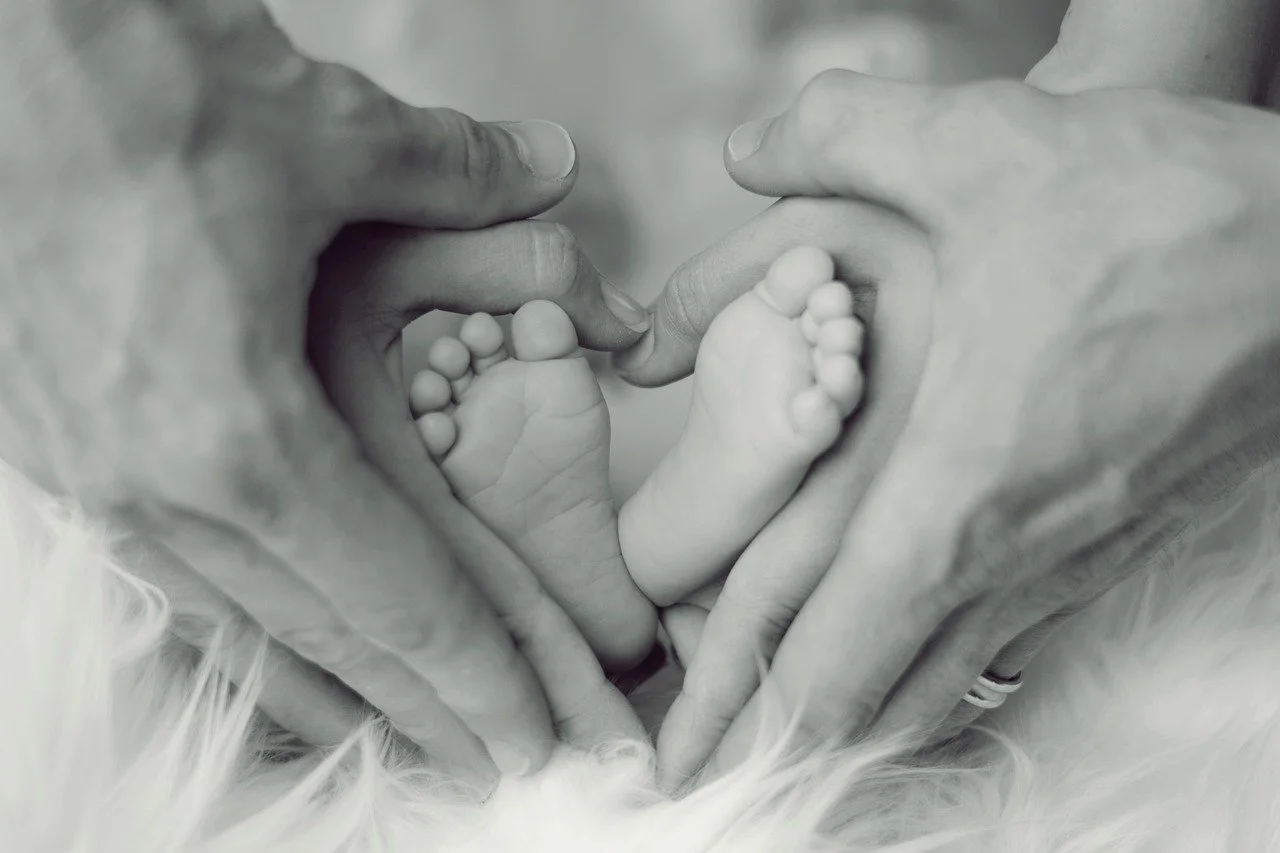Motherhood is HARD,
Even when you do everything RIGHT.
Moms of Young Children
Parenting young children often ends up teaching us more about ourselves than it does them - we have less patience than we expected, it’s more difficult than expected and we catch ourselves doing things our parents did, that we hated.
But this time is fleeting and special. You can have a great relationship with your child. It is also an opportunity for growth and to show up the way you want to.
Emily helps moms feel more confident as parents. With experience as a parent coach, a child therapist and being a mother to twins, she can relate to all mothers’ stories. She specializes in working with moms to decrease anxiety, improve depression symptoms, and increase their sense of confidence and ability to remain calm when children push buttons. Emily also help moms with communication and set better boundaries with children.
Ready to heal your past and be the parent your child deserves? Take the First Step.
Postpartum Anxiety (PPA)
Most people assume “Postpartum” means depression but research shows that 1 in 5 women experience postpartum anxiety. Some anxiety through the transition into motherhood or bringing home a new baby is normal. However, if the worry, intrusive thoughts and irritability are constant and you are not sleeping, it is time to get help.
Postpartum anxiety can look and feel like:
Constant Worrying: Worrying about the baby’s weight or milk consumption that cannot be satisfied even when evidence shows that the baby is ok.
Racing and intrusive thoughts: Some mothers are not able to quiet their mind of the to-do list or have disturbing, uncontrollable thoughts about harm coming to the baby.
Irritability and Rage: Flying off the handle at little things.
Insomnia: It’s normal to sleep less with a new baby, but if a mother has not slept at all in a 24 hour period, seek help immediately. and are at risk for postpartum psychosis.
Postpartum mood and anxiety disorders are treatable. Emily specializes in working with anxiety. She can help you understand what is happening to you, bring immediate relief and treat long standing anxiety.
Let’s Find the Relief You Deserve. Contact Emily.
Perinatal Loss
Perinatal loss is a miscarriage, chosen abortion, abortion for medical reasons, still birth or death of an infant.
Although not often discussed, perinatal loss is a common stop on the journey toward parenthood. Miscarriages happen to an estimated 10-20% of women. Some women miscarry before they even realize they are pregnant.
There can be grief and shame around any kind of perinatal loss. If any of this has been your experience, know that this practice supports women and their partners through all experiences related to childbirth and welcomes all perspectives.
Click Here and Start Your Healing Journey Today.



